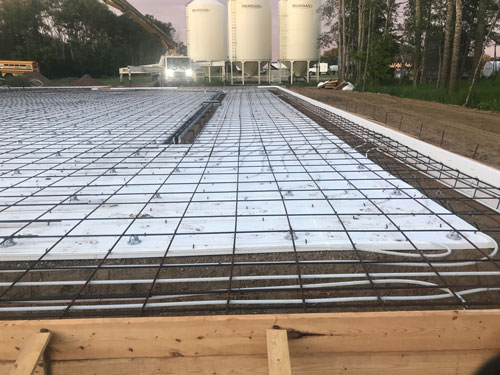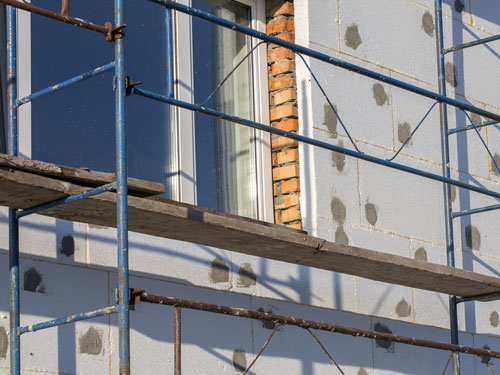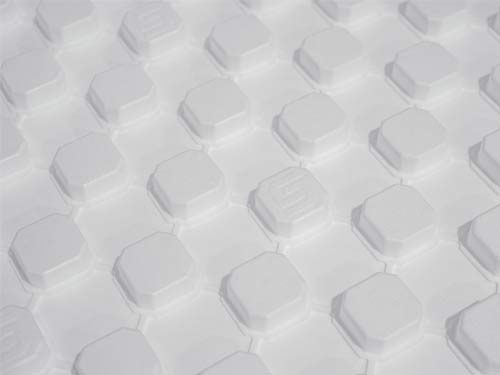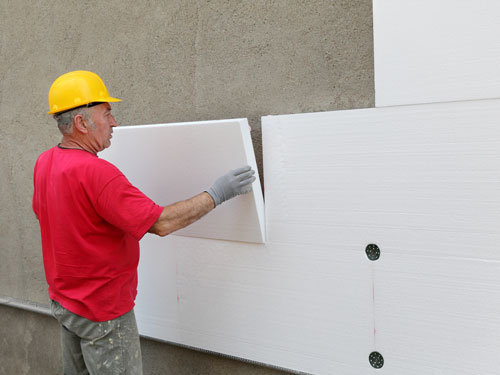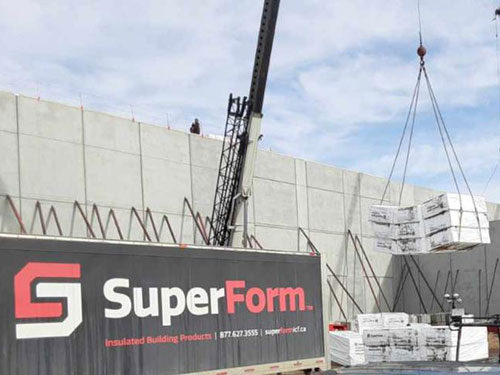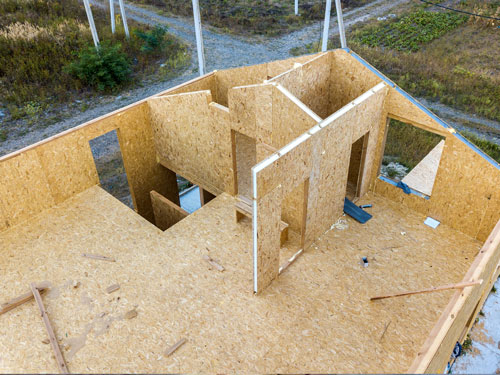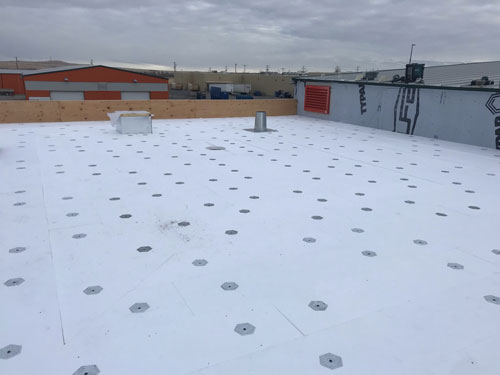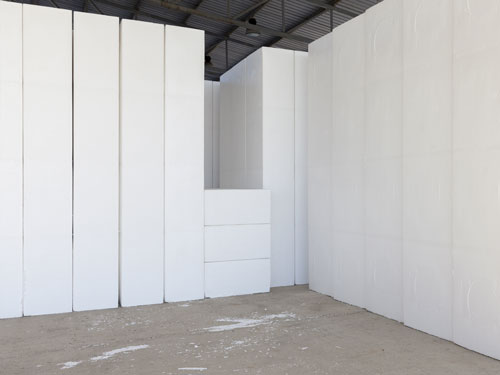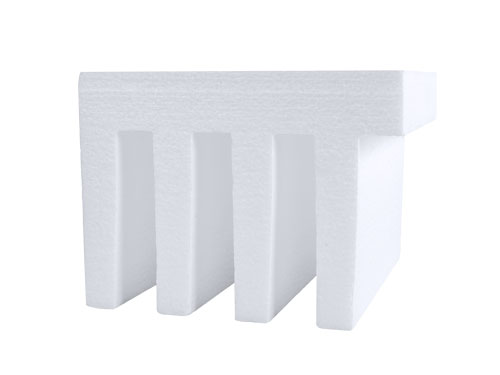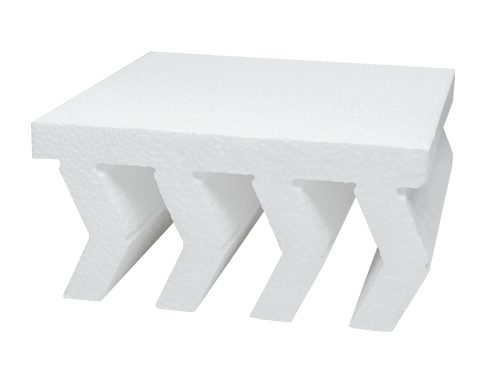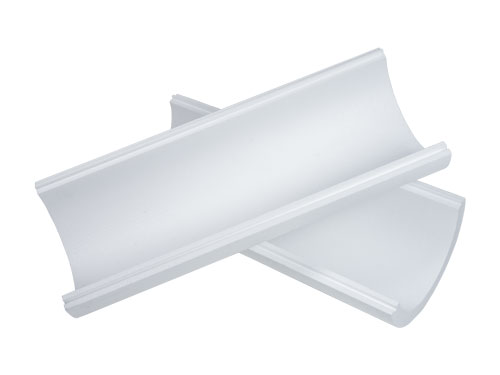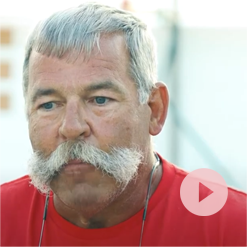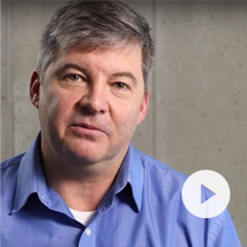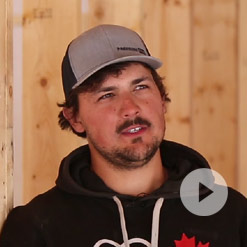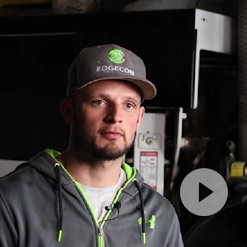A premium Neopor® graphite polystyrene (GPS) rigid foam insulation. MAX+ features all of the performance attributes of EPS+, complimented by the added benefits of its unique graphite cell structure. SuperForm MAX+ delivers one of the most efficient, cost effective, and sustainable insulation products available.
SuperForm MAX+ uses high-purity, graphite particles to create a reflective cell structure. This distinct cell structure reflects radiant heat as it travels through the insulation. As a result, MAX+ provides maximum energy efficiency, stability and durability, and moisture management.
Applications
Benefits of SuperForm Max+
- Cost Effective
Impressive cost savings per R-value and Compressive Strength - Stable – R-Value
Provides a stable R-value that does not deteriorate over time. - Compressive Strength
Available in 10, 16, 20, 25 and 30 psi. - Moisture Resistance
Closed cell polystyrene insulation proven to resist moisture gain.
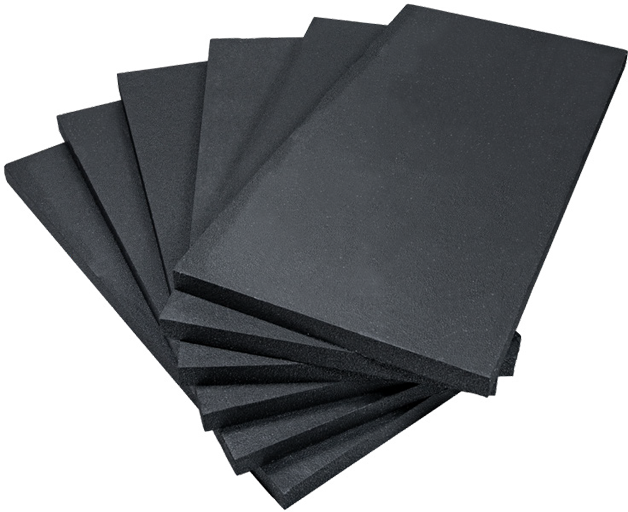
- Drying Potential
Designed to quickly release moisture and maintain its R-value over time. - Low Environmental Impact
Does not use or contain ozone-depleting blowing agents such as HFCs. - Dimensional Availability
Options to suit every application – standards sizes or custom cut to your needs. - User Friendly
MAX+ is light in weight and very easy to cut and install.
Why Choose SuperForm Max+
MAX+ vs XPS Comparison
| MAX+ | XPS |
|---|---|
|
Cell Structure: Manufactured from graphite expanded polystyrene resin using a pentane blowing agent. This creates an air-filled, closed cell foam. |
Cell Structure: Manufactured using polystyrene, blowing agents, and dyes. This creates a closed cell foam that often contains hydrofluorocarbons (HFCs). |
|
R-Value Stability: Provides a stable R-value that does not deteriorate over time. |
R-Value Stability: Less stable and the R-value deteriorates as gasses escape its cells. |
|
Long Term R Value: LTTR does not apply to MAX+, because it is not manufactured with the intent to retain blowing agent and due to its closed cell nature, there is no reduction in R value over time. |
Long Term R Value: XPS uses a blowing agent when manufactured, thus it leaks over time reducing the R-value by 10% over 5 years, resulting in a R-value of 4.5, which is lower than that of MAX+ |
|
Compressive Strength: Available in 10, 16, 20, 25, and 30 psi. |
Compressive Strength: Available in 15, 25, 30, 40, 60, and 100 psi. |
|
Cost: Impressive cost per R-value and compressive strength. MAX+ is a dependable, cost-efficient solution that on average costs 10 - 30 percent less than XPS. |
Cost: A much higher cost per R-value and on average costs 10 - 30 percent more than MAX+. Additionally, its R-value is less stable and deteriorates over time. |
|
Water Absorption: MAX+ absorbs more water initially but retains less water long term. Designed to quickly release moisture. This enables it to dry quickly and maintain its R-value over time. 15 years study shows 5% water absorption, 94% R-value retention. |
Water Absorption: XPS absorbs less water initially, but retains more water long term. Often traps moisture due to its low drying potential. Its inability to release moisture causes its R-value to deteriorate over time. 15 Year study shows 19% water absorption, 52% R-value retention. |
|
Water Resistance: Closed cell polystyrene insulation that is resistant to moisture gain, proven to resist moisture in both short (24 hour) and long-term tests |
Water Resistance: Closed cell polystyrene insulation that is resistant to moisture gain. However, its ability to resist moisture has only been proven in short-term (24 hour) tests. |
|
Vapor Permeance: Ranges from 2.5 – 5.0 ng/Pa·s·m2 per inch thick. It is more breathable and dry’s better in wet climates. |
Vapor Permeance: Typically 1.5 ng/Pa·s·m2 per inch thick. Is not breathable and has high potential of trapping moisture in your wall due to its low drying capability. |
|
Environmental Impact: Low impact on the environment. Its manufacturing process uses a pentane blowing agent instead of the hydrofluorocarbons (HFCs) blowing agents typically used to produce XPS. MAX+ is Green Gaurd certified and has the lowest carbon footprint of all rigid insulation, up to 57 times lower. |
Environmental Impact: High impact on the environment. Its use of hydrofluorocarbons (HFCs) as a blowing agent cause a very high global warming potential (GWP). It also uses harmful color dyes not found in MAX+. Results in a carbon footprint of up to 33-57 times higher then MAX+. |
|
Standard Compliance: Meets CAN/ ULC S701 and ASTM C578 Standard Specification for Rigid, Cellular Polystyrene Thermal Insulation. |
Standard Compliance: Meets CAN/ ULC S701 and ASTM C578 Standard Specification for Rigid, Cellular Polystyrene Thermal Insulation. |
|
Dimensional Availability: Options to suit every application - standard sizes or custom cuts to suit your needs. |
Dimensional Availability: Limited thickness and size options. |
Customer & Partner Testimonials
“I’ve been building ICF houses between 25 and 30 years. This is one of the best technology inventions that has ever hit the building industry… I do have experience with 4 other brands of block and this is by far the strongest.”
Harvey CookIndependent SuperForm ICF Installer
“SuperForm was extremely easy to work with and they met all our target dates. Our project's actually a month ahead of schedule.”
Jason WhirfieldProject Manager, Kanas Corporation
“More than 20 years later, after what started off as single family residence that I still reside in today, we’re now beside an 18 story building built with similar [SuperForm ICF] techniques.”
Robert Sipka President, Kanas Corporation
“I have a 100% trust-based relationship [with SuperForm]. They care about their installers and they treat us right. My day is made better knowing that I’m not going to have to lug around 200 lb. forms; SuperForm is light and I feel like I can do it until I’m 60 or 70.”
Logan Dejax Revel Ventures
“When people ask me “Why SuperForm?” I can tell them out of out of experience, from just pumping other block, we don't have the success rate like we do with SuperForm.”
Brandon Elliott Edgecon Concrete Pumping











